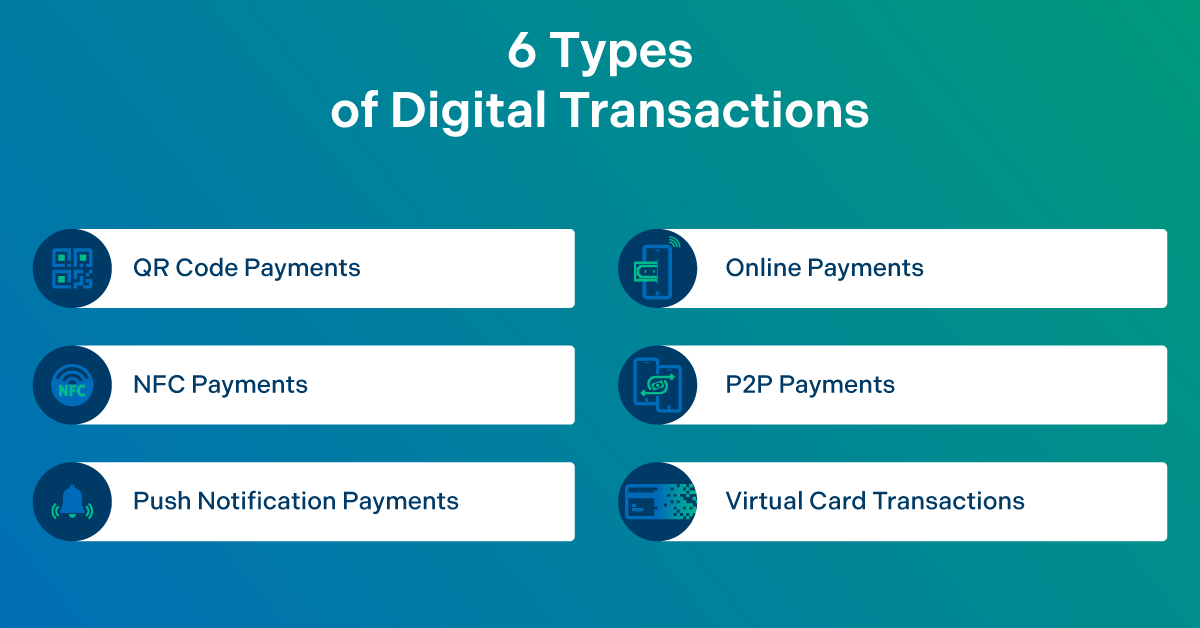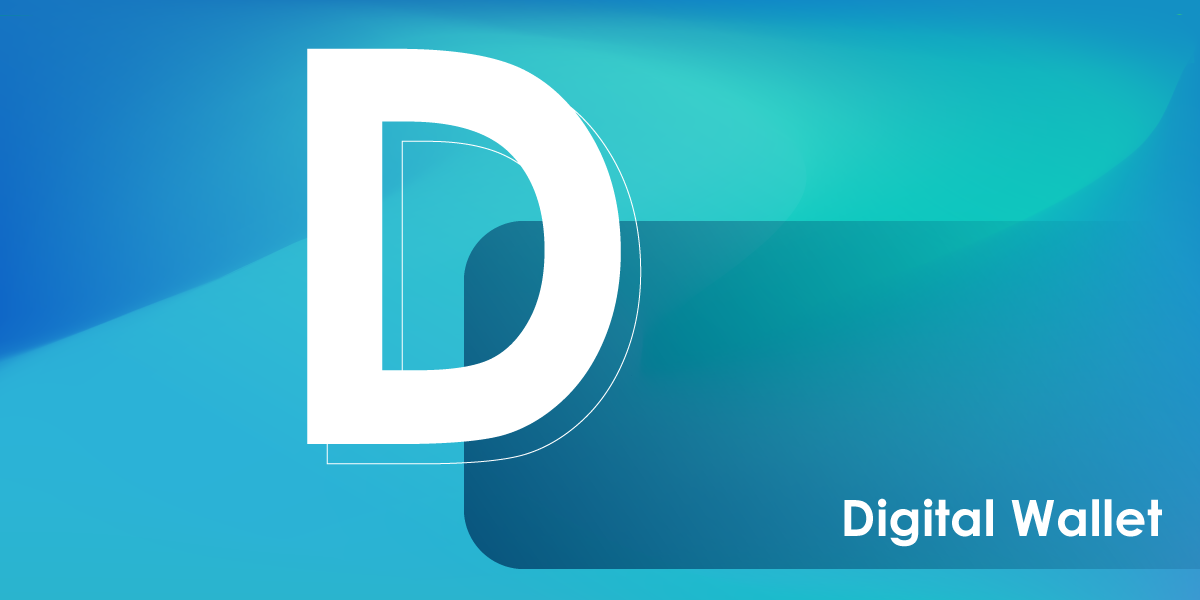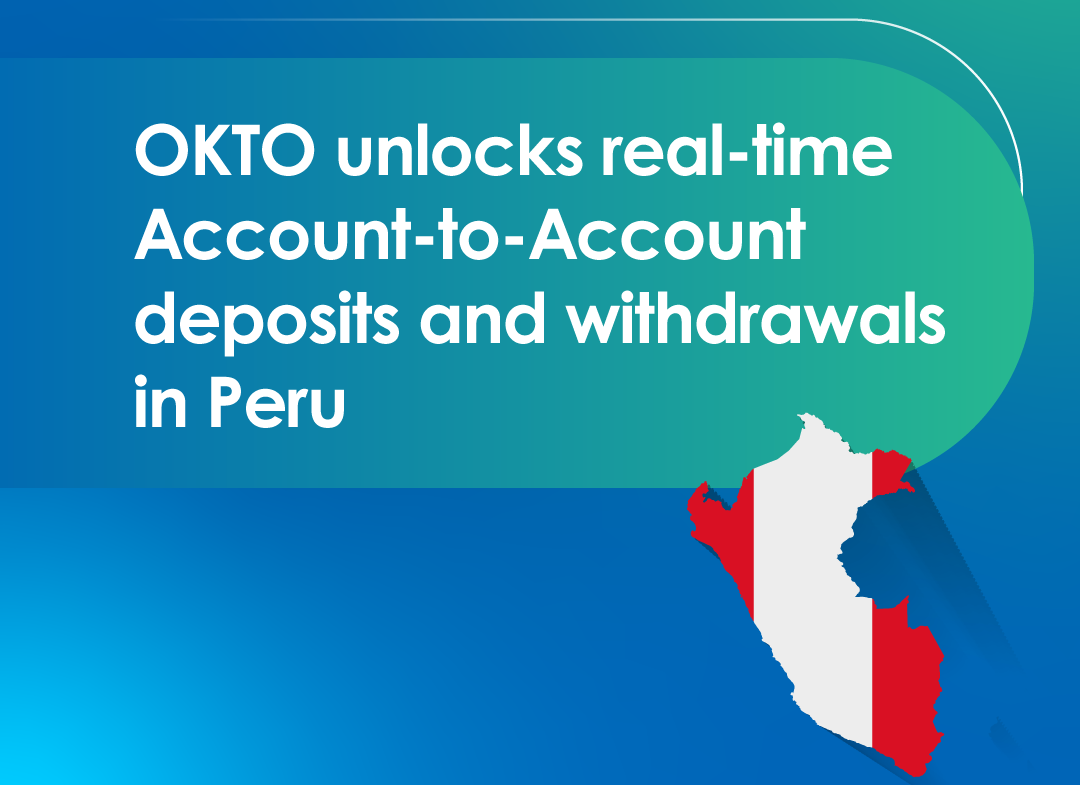Digital Wallet Definition
A digital wallet also known as an e-wallet is a virtual tool designed to securely store various forms of digital currency as well as traditional currencies. Furthermore, it serves as a centralized hub for managing financial transactions, enabling users to store, send and receive funds conveniently through digital channels. Typically, digital wallets offer features such as P2P transfers, currency exchange services, and the ability to link to bank accounts or cards for funding and withdrawal purposes. Digital wallets can be found in smartphones, computers or other devices without the need for a physical card or cash.
How Does It Work?
Digital wallets or e-wallets are applications offered to users to eliminate the need to carry a physical wallet by storing all of their payment information online securely while saving valuable time with real-time money processing. Mobile wallets usually include 5 key steps for a successful transaction:
- Registration
First of all, users download the digital wallet application and create an account on the provider’s website. During the registration step, they will be asked to provide personal information to link the wallet with their bank accounts and cards and then they will undergo the KYC process. This procedure involves several levels and limits to verify and manage users’ identities and transaction activities. Specifically, there are three different KYC levels of verification: Basic, Intermediate and Advanced. However, the transaction limits may vary from daily to weekly or monthly while they can also be set based on the verification level.
2. Wallet Deposits
After successfully linking the wallet with their bank account and card, users can transfer funds to their wallet. Some wallets also support peer-to-peer transfers between users to facilitate easy fund transfers.
3. Transaction Processing
In addition, mobile wallets securely transmit the payment information to the merchant’s payment gateway, which verifies the transaction and processes the payment.
4. Confirmation and Receipt
After a successful transaction, users receive a confirmation of the transaction on their device along with a digital receipt. They can review their transaction history as well as manage their finances via the app.
Payment Transactions
Digital wallets support multiple types of payments:
QR Code Payments
Those types of payments involve scanning a QR Code displayed by the merchant with the user’s smartphone camera. The QR contains payment information such as the recipient’s account details and the transaction amount.
Near Field Communication (NFC) Payments
NFC payments help users make contactless transactions by tapping their smartphone or other NFC devices on a compatible payment terminal.
Push Notification Payments
Push notifications inform users about various activities related to their digital wallet account. These notifications can include transaction confirmations, account balance updates and promotional offers.
Online Payments
Digital wallets are primarily created to facilitate online payments. In this category of payments, users can make purchases on eCommerce websites, subscription services and other digital platforms.
P2P Payments
Digital wallets support P2P transfers allowing users to send money to friends, family or acquaintances directly from their wallet balance.
Virtual Card Payments
It is commonly known that most digital wallets offer virtual and physical card services allowing users to generate virtual card numbers linked to their wallet balance.

3 Key Features & Tools of Digital Wallets
1. Budgeting Tools
Digital wallets often provide tools for users to create budgets based on their income, expenses, and financial goals. Transactions can be categorized in order to track how to spend more accurately based on their habits and preferences.
2. Profit & Loss (P&L) Monitoring
With digital wallets, users can monitor their income streams including salaries, investments and other sources of revenue. In addition, users can track expenses across various categories, allowing them to monitor their spending habits and identify areas where they can reduce costs.
3. Transaction History
Digital wallets maintain detailed records of all user transactions including purchases, transfers, deposits, and withdrawals. Each transaction includes detailed information such as date, time, and merchant name so users can drill down into individual transactions to view details and maintain their financial control.
The Benefits of Digital Wallets
There are numerous advantages when using mobile wallets
Contactless Payments
Due to the increasing adoption of NFC technology, digital wallets enable contactless payments allowing customers to simply tap their devices on compatible payment terminals to complete transactions swiftly.
Convenience and Security
Digital wallets play a pivotal role in streamlining the payment process while eliminating the need to carry physical cards or cash. This way, users can make transactions anytime with a simplified checkout experience. Furthermore, biometric authentication adds an extra layer of security, ensuring that only authorized users can access their accounts. It should be highlighted that the enhanced security due to tokenization and encryption provides users with peace of mind when transferring money online.
Instant Transactions
Digital wallets minimize the time needed for payments to be processed compared to traditional payment methods such as bank transfers. Real-time processing enhances efficiency and enables faster access to goods and services.
Global Accessibility
In addition, these kinds of apps usually provide virtual and physical cards allowing users to conveniently use their cards globally whenever needed. Digital wallets, allow users to store multiple types of cards, including credit, debit, and prepaid cards which can be accessed and used anywhere in the world with internet connectivity. This way global reach facilitates a smoother online shopping experience making digital wallets an indispensable tool for financial transactions.
The Drawbacks of Digital Wallets
Except for the various benefits that digital wallets may provide they can also be disadvantageous to users. However, it is important that these platforms be fully equipped with the proper tools in order to be able to remove and defense against cyber threats.
Dependency on Technology
Mobile wallets rely on electronic devices and internet connectivity. Technical glitches or network issues can disrupt transactions leading to inconvenience for users.
Transaction Fees
Depending on the type of mobile wallet, there are cases where the providers charge transaction fees or service fees for certain types of transactions or account activities. These fees can vary depending on the provider and potentially add to the overall cost of using a digital wallet.
Risk of Cyberattacks
Due to the fact that eWallets store sensitive information, sometimes they might become risky for users because of data breaches, account takeovers or even fraudulent transactions.










